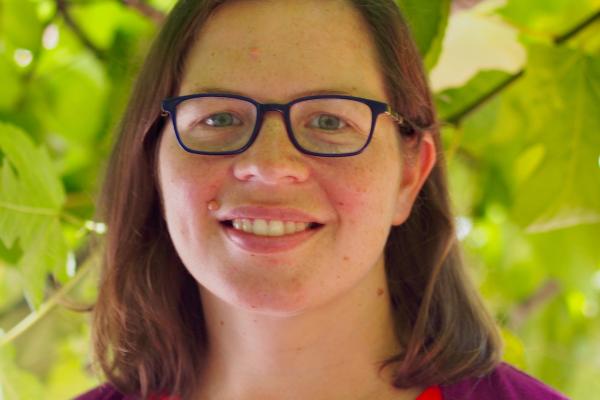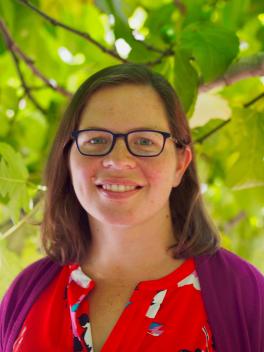
Dr. Stephanie Wissel
Pennsylvania State University
Cosmic Neutrinos at the Highest Energies
Location: 1080 Physics Research Building, Smith Seminar Room
Faculty Host: Amy Connolly

Abstract: Neutrinos are powerful probes of both astrophysics and fundamental particle physics at the highest energies. Weakly interacting and uncharged, they propagate undeterred and unabsorbed through the universe. In the last decade, we have observed a flux of high-energy (TeV-scale) neutrinos and through a multi-messenger lens — the combined observations of neutrinos and other messengers like photons — we are starting to see hints of energetic neutrino sources for the first time. At higher energies still, beyond the PeV scale, we can probe the most energetic sources of both neutrinos and cosmic rays, but current neutrino experiments become too small to observe a sizable flux. With long propagation lengths in both ice and air, radio detection offers an attractive solution to building the gigaton-scale detectors needed by allowing us to build sparse detectors sensitive to neutrinos over hundreds of kilometers. In this talk, I will review the landscape of current radio neutrino experiments, how they may lead to discoveries of neutrinos in a new energy band, and what they can reveal about the multi-messenger universe.
Bio: Stephanie Wissel is the Downsbrough Early Career Assistant Professor of Physics and Astronomy and Astrophysics at the Pennsylvania State University. Her work focuses on the radio detection of neutrinos using a variety of experiments. She started her career as a physicist by earning Bachelor’s Degree of Science at the University of Dallas. In her graduate work at the University of Chicago, she focused on TeV cosmic rays and gamma rays with the VERITAS and TrICE experiments, earning her master’s in 2005 and Ph.D. in 2010. She was a postdoctoral scholar first focusing on science education at the Princeton Plasma Physics Lab and later on her current work in the neutrino astroparticle physics at UCLA. Prior to her current position, Stephanie was Professor at the California Polytechnic State University in San Luis Obispo.
